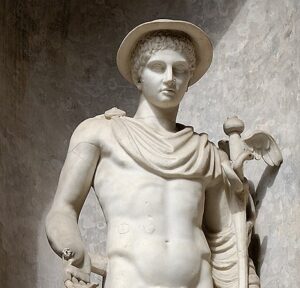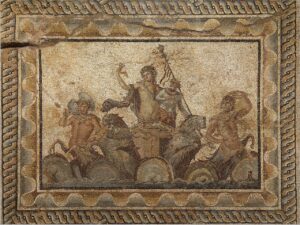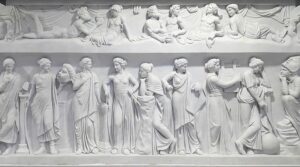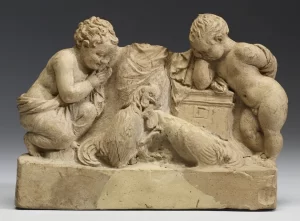Mount Olympus, located in northern Greece, is not only the highest peak in the country but also holds great cultural significance for the ancient Greeks. This majestic mountain has been considered the home of the gods and has played a crucial role in ancient Greek mythology and religion for thousands of years. In this article, we will explore the history, mythology, and significance of Mount Olympus and its impact on ancient Greece.
Significance of Mount Olympus
Mount Olympus stands tall at 9,570 feet (2,970 meters) and is located in the Olympus Range of northern Greece. As stated above, it is the highest mountain in Greece and hold significance for Greek history, culture and mythology.
Mount Olympus is the mythical home of the Olympian gods in ancient Greek mythology. More Specifically, in ancient Greece that was considered the home of the twelve Olympian gods and goddesses in ancient Greek mythology, including Zeus, Hera, Athena, Apollo, and Aphrodite. According to the myth, the gods and goddesses lived on the top of the mountain and held court there, making important decisions and dispensing justice.
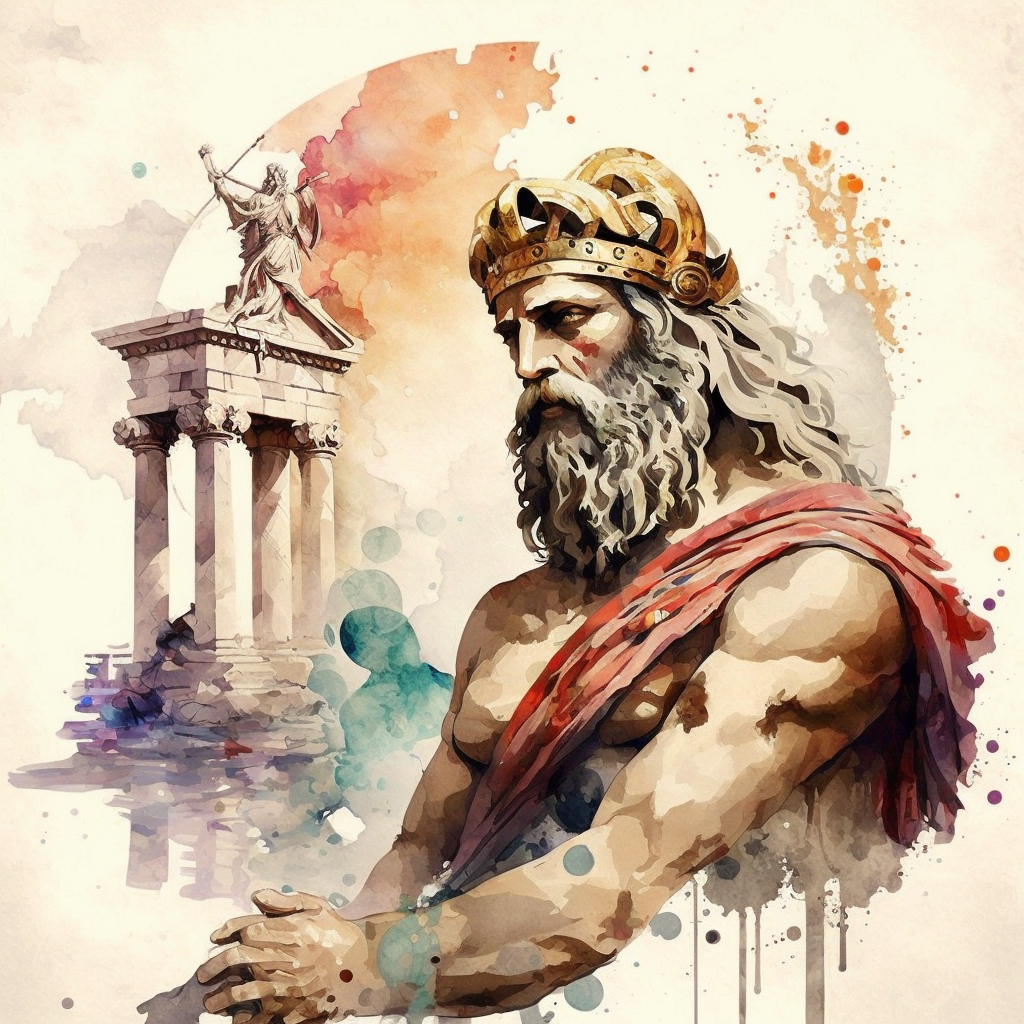
Mount Olympus and Ancient Greek Mythology
Mount Olympus is also known for its religious significance in ancient Greece. The ancient Greeks believed that the gods and goddesses lived on the mountain, and it was considered a sacred place. As well, it was considered to be the center of the universe and the dwelling place of the gods. The gods were said to have lived in a palace built by the Cyclops, which was located on the top of the mountain. The palace was said to be made of gold and precious stones. The gods also were said to hold council on Mount Olympus, where they would discuss and decide the fate of mortals. They were also said to entertain themselves with feasts, music, and games.
As stated above, it was also considered to be a sacred place and was visited by many people who sought to gain the favor of the gods. Pilgrims would make the long and difficult journey to the mountain to offer sacrifices and make offerings to the gods.
One of the most well-known myths about Mount Olympus is the story of how Zeus overthrew his father Cronus to become the king of the gods. According to legend, Zeus fought and defeated Cronus in a great battle on the slopes of the mountain. He then established himself as the ruler of the gods and the mountain became his royal palace.
Another famous myth is the story of the Titan Prometheus, who stole fire from the gods and brought it to humanity. This act enraged the gods, and as punishment, Prometheus was bound to a rock on the slopes of Mount Olympus, where an eagle would come and feed on his liver every day.
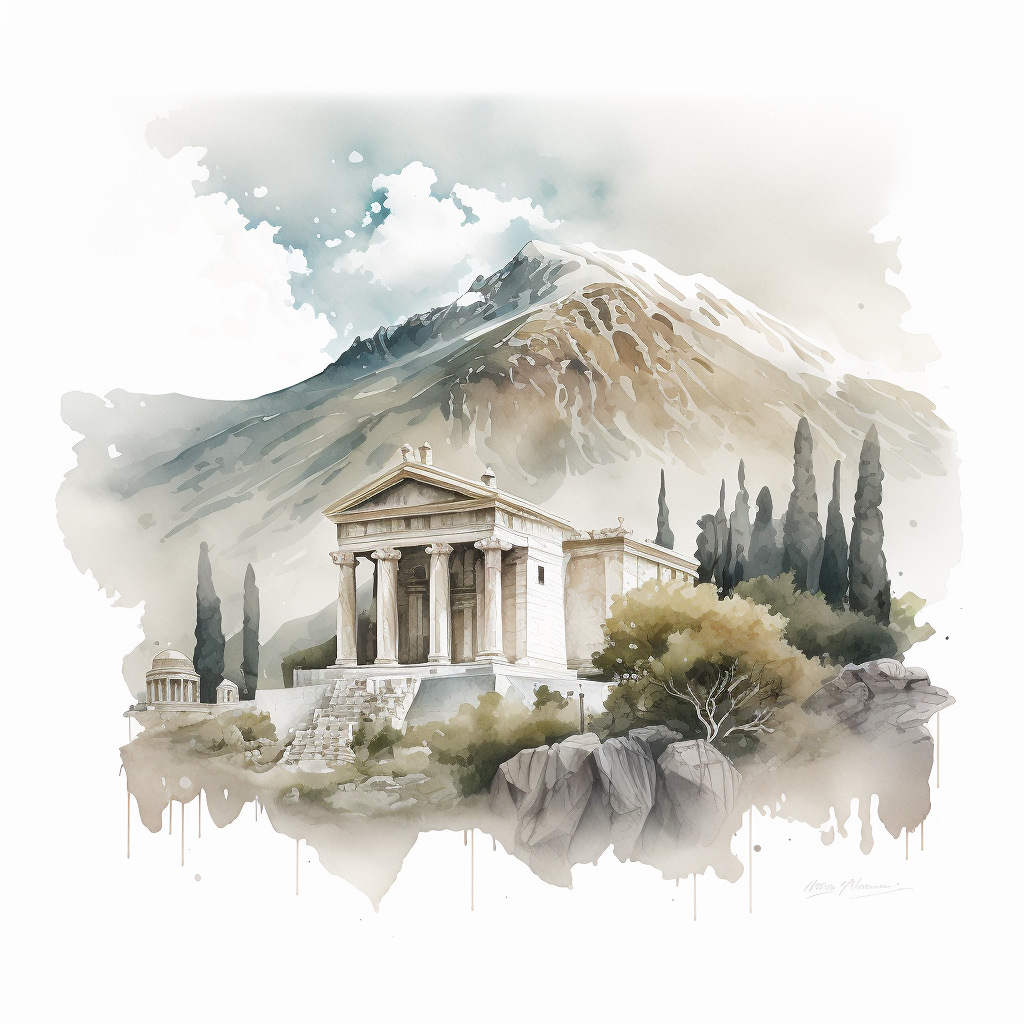
Mount Olympus and Ancient Greek Culture
In addition to its religious significance, the mountain also had a cultural significance in ancient Greece. The mountain was celebrated in literature, art, and poetry. For example, in Homer’s epic poem the Iliad, the gods and goddesses are often depicted as observing and influencing the events of the Trojan War from Mount Olympus. Furthermore, the mountain’s rugged peaks and sweeping vistas provided a backdrop for many works of art and literature, including poems, paintings, and sculptures.
Legacy of Mount Olympus
The legacy of Mount Olympus is still felt today. The term ‘Olympian’ is often used to refer to any powerful or elite group, and the concept of gods and goddesses living on a mountain top has been adopted in many other cultures and religions. It is also still used in modern times for athletes of the Summer and Winter Olympic Games.
Mount Olympus is also a popular tourist destination in Greece, and is a UNESCO World Heritage Site. The United Nations Educational, Scientific and Cultural Organization (UNESCO) identifies world historical sites that it considers to be important to the story of human history. As such, it identifies these sites in an effort to bring awareness to their cultural, historical or natural significance.
In conclusion, Mount Olympus is a mountain in ancient Greece that was considered the home of the twelve Olympian gods and goddesses in Greek mythology. It was a sacred place for the ancient Greeks, and had religious, cultural and mythological significance. Its legacy is still felt today, and it continues to be a popular tourist destination in Greece.


